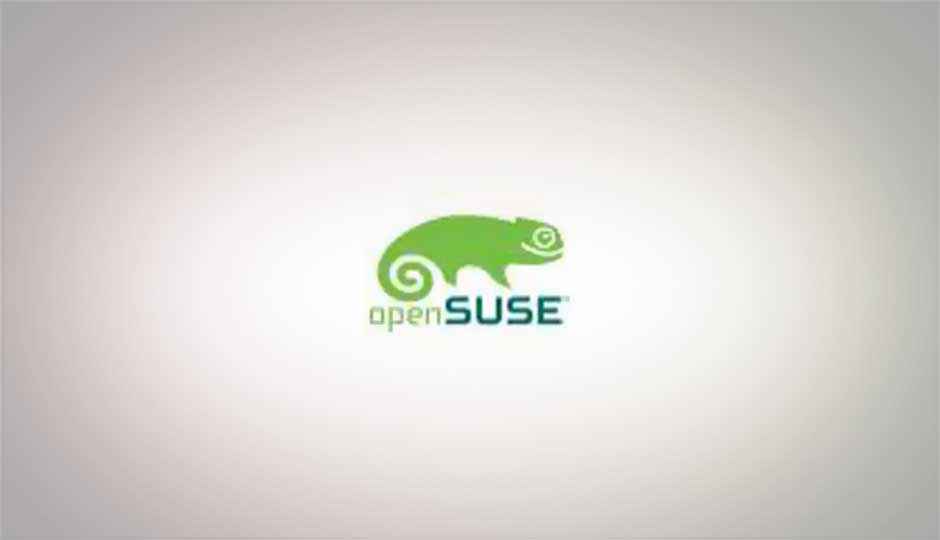OpenSUSE 11.4 Released

OpenSUSE is quite possibly my favourite Linux distribution of all! While I have also used Linux Mint, and Ubuntu for extended periods of time, and have tried dozens of Linux distributions, openSUSE is the one I always come back. Obviously I am quite excited by the release of openSUSE 11.4 — and you can expect a review once I’ve used it for a while.
 Survey
SurveyThe latest release is full of great new features that further solidify openSUSE as a brilliant distro. One of the great things about openSUSE is that it supports nearly all popular desktop environments, and comes with customized themes for each. As always this version continues with that trend with packages available for KDE 4.6, Gnome 2.32, Xfce and LXDE. This release also ships with the Gnome 3.0 shell — albeit an older version —- for those who want to take a look at what lies ahead of Gnome.
openSUSE 11.4 ships with the latest Kernel 2.6.37 that includes the open Broadcom drivers and improved support for Wacom tablets. The boot process has been enhances, and now includes the option for GRUB2 and systemd — openSUSE 11.4 was supposed to migrate to systemd but it did not happen in time for 11.4.
With this stable release, openSUSE is also the first embrace LibreOffice, which replaces OpenOffice.org. KOffice 2.3.1 is available for those who prefer KDE’s office suite instead. openSUSE 11.4 is also the first to include Firefox 4 which has recently reached release candidate status.
One of the most exciting new features come wth openSUSE 11.4’s package management system, ZYpp — which I find to be the best package management systems in any Linux distribution today. The backend of Zypp has been changed and is not MultiCurl based. It now also supports Metalink downloads (Metalinks are files that contain metadata about the different mirrors of a file, allowing a download manager to use multiple download sources at the same time, increasing speed for download, and distributing the pressure of the servers). Support for zsync transfers (based on rsync) means that if you have an onder version of a package, you can save bandwidth by downloading only the changes instead of the entire package.
Another significant change to come with openSUSE 11.4 is the Tumbleweed initiative. Tumbleweed provides users with an alternative to the usual versioned releases of openSUSE by offering a rolling release model. A Tubleweed repository was available for testing during 11.3 that offered newer packages than were available in the openSUSE 11.3 repository. From 11. 4 onwards it will be fully supported. With Tumbleweed you will be able to get major new releases of applications even if they come between two openSUSE released — for example openSUSE users missed out on KDE 4.5 that came out after openSUSE 11.3.
Yet another great feature is WebYaST. YaST is a configuration tool suite that is unique to openSUSE and allows configuring nearly all Linux settings via a GUI rather than using a different tool for each different task, or worse using text files. WebYaST gives YaST a web interface allowing one to configure their system remotely using a browser.
The 11.4 release is available in a DVD version with all desktop environments, a Live Gnome version, a Live KDE version, and a network edition that download only the applications you want to install and ensures you get the latest version. Each version is available in both a 32-bit and a 64-bit version, and through multiple download mechanisms (metalink, torrent, direct download).
You also have the option of building your distro exactly to your requirement using SUSEStudio service, and downloading the resultant OS as an image for flash drives or disks. You can in fact directly test the OS online without having to download it, to ensure it works to your satisfaction.
As noted in our review of 11.3, openSUSE isn’t for everyone. Even so, 11.4 may have fixed some of the shortcomings, and it is well worth giving this distro a try, especially since you do not even need to download the OS, but can try it online easily using SUSEgallery.com.
More information can be found in the release announcement and product highlights.
Download openSUSE 11.4 from here